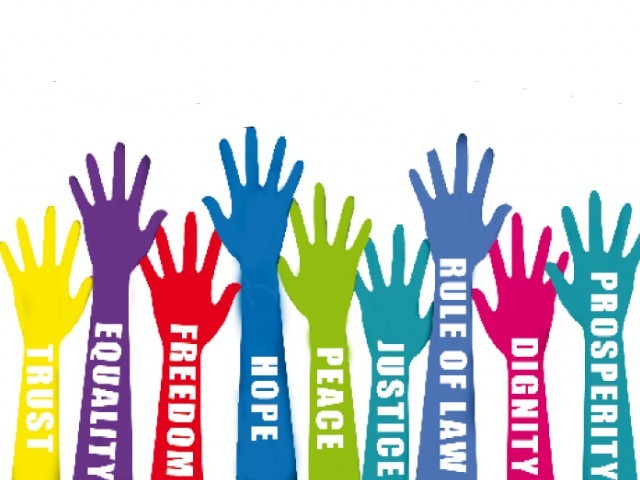The Idealistic Theory of Rights is also known as the Personality Theory. According to this theory, rights are the external conditions essential to man’s internal and real development.
Krause describes the system of rights as “the organic whole of the outward conditions necessary to the rational life.”
Similarly, Henrici defines a right as “that which is really necessary to the maintenance of material conditions essential to the existence and perfection of human personality.” In brief, the Idealistic Theory emphasises the creation of those conditions which help man to reach the fullest stature of his personality.
ADVERTISEMENTS:
Perfection of human personality is the end to which all rights are directed and subordinated. In other words, right to personality is man’s fundamental right and all other rights are derived from it.
For example, the right to life, the right to liberty, the right to property, and all other similarly important rights are to be judged by their contribution towards the development of human personality. If I abuse any of these rights and retard my self-development, society is within its competence to deprive me of that right.
The first is that rights arise in society. As they arise in society they are inherent in the nature of man, and the inherent nature of man is to will his own good.
ADVERTISEMENTS:
To will his own good implies the good of others since isolated good of the individual is not possible. Secondly, every right has a corresponding obligation, that is, my right to self-development should not interfere with the right of development of others.
Finally, individual rights are subordinated to the fundamental right of man’s perfection. Society should see that the enjoyment of my rights helps me to attain the perfection of my personality.
If any one of these rights does not help me towards reaching that end, society can deprive me of the enjoyment of that right. To sum up, my right of self-development is a similar right of self-development for others with whom I live an associated life.
Personality is itself an element in the common good. Personality stands for “the fulfillment of man’s vocation as a moral being” and rights are the means for the personal development or self-realisation.
ADVERTISEMENTS:
It is in this context that Laski says, “Rights, in fact, are those conditions of social life without which no man can seek, in general, to be himself at his best.” The system of rights is an organic whole which is moral in nature and helps to uplift the stature of man and society simultaneously.
Gandhi dedicated himself to the uplift of man and society simultaneously. He was out to moralise man and society. True morality, said Gandhi, must manifest itself in every action of the individual and also as a member of society. Both act and react upon each other.
The Gandhian outlook may be reduced to a simple formula: “If you have to reform yourself you must do so while reforming society.” This is also the essence of the Idealistic Theory of Rights.
The Idealistic Theory of Rights appeals to the moral and democratic mind of man, as it relates rights to morality rather than legality. Secondly, it does not subordinate the self-development of man to the social whole. Both act and react upon each other.
The theory believes with Kant that no man is to be treated as a means to another’s end; “it calls upon everybody to treat humanity in his own person and in the persons of others always as an end and never merely as a means.” But the real difficulty arises in fixing the standards of moral freedom.
What should be the conditions necessary for each individual for his fullest self-development? According to Gandhi it is the pursuit of truth and non-violence. But are these conditions of universal acceptance? Mankind has still to do much about it. Then, how are individual good and social good to be reconciled in cast there is conflict between the two?

